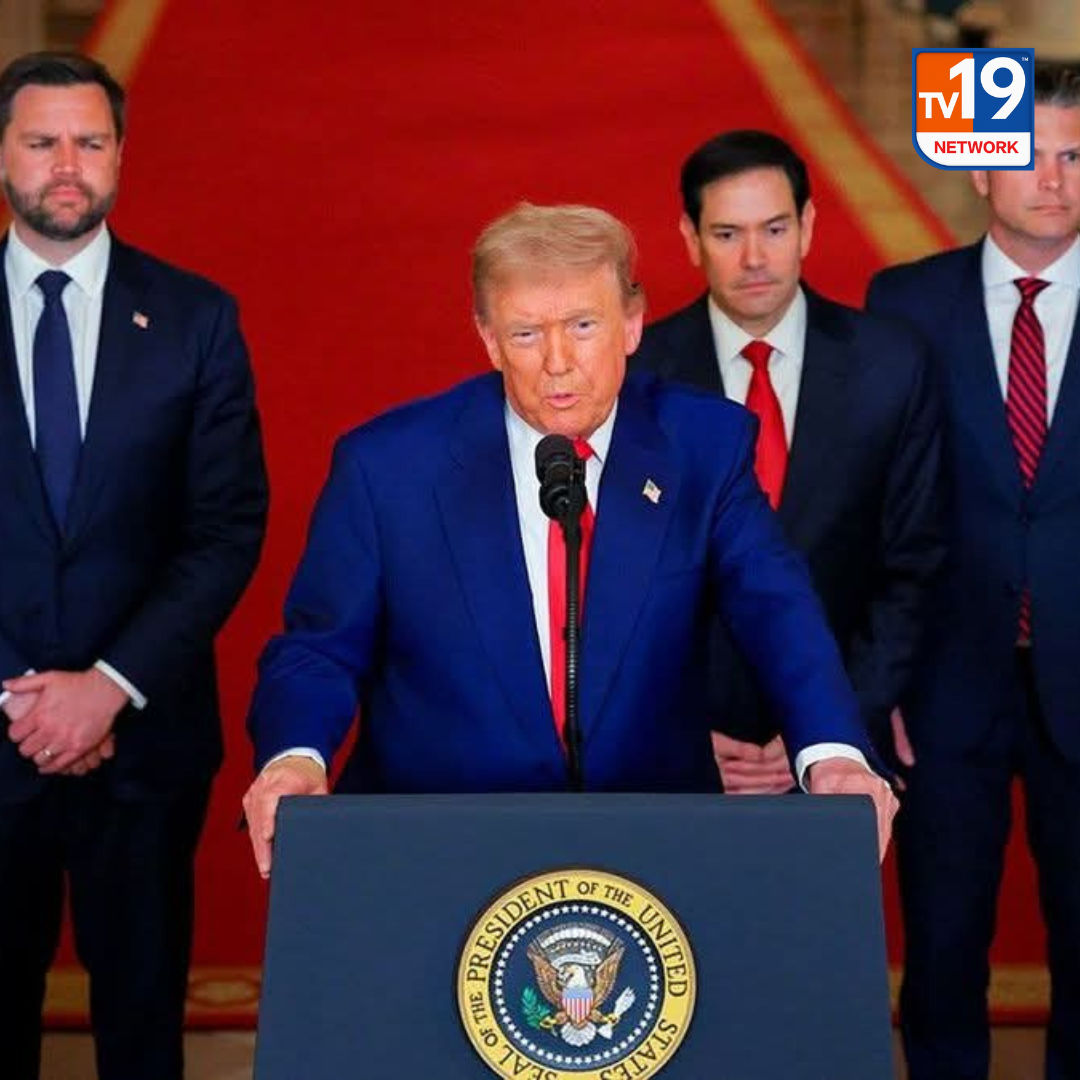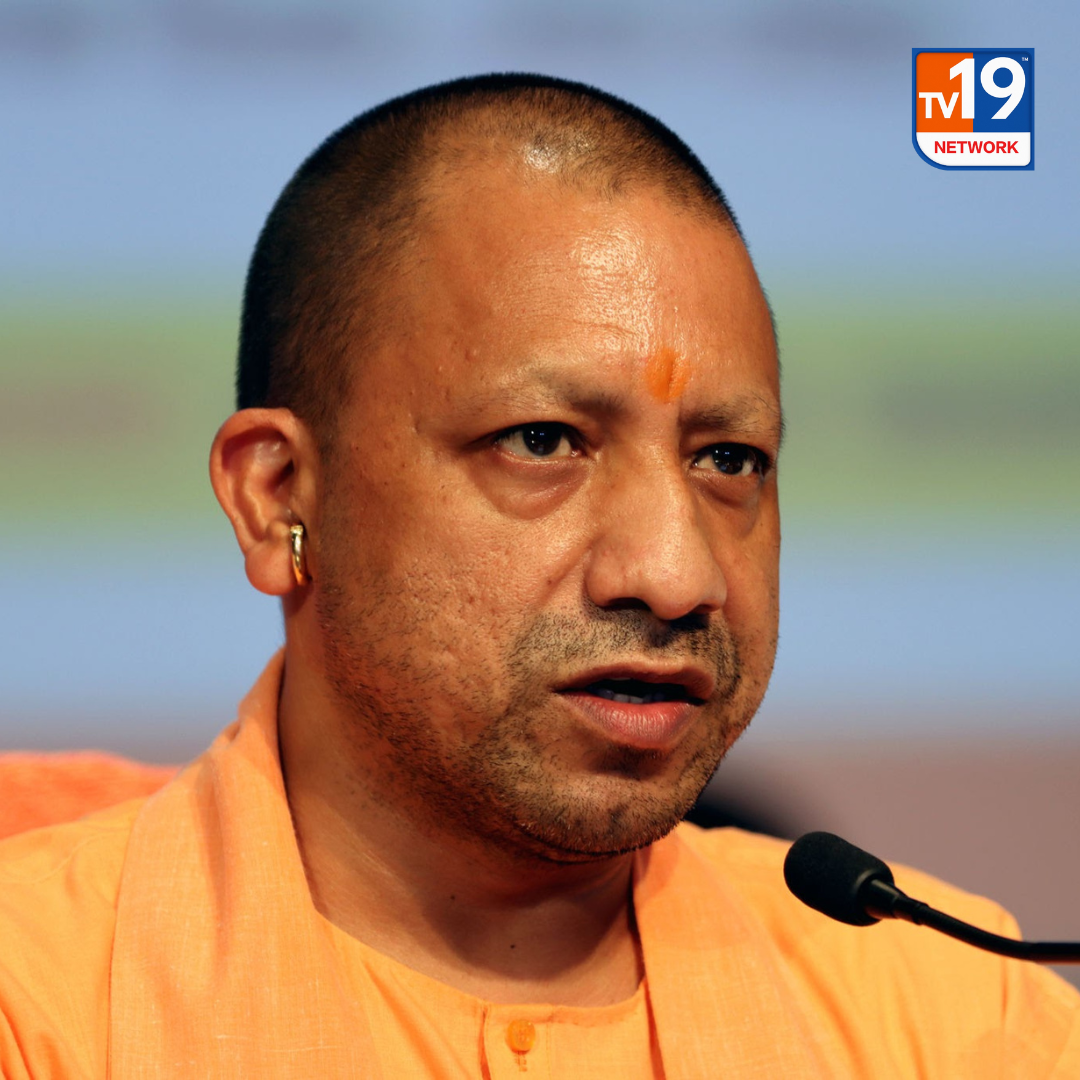Delimitation Dilemma: Will Tamil Nadu Lose Its Voice in Parliament?
Tamil Nadu - Tamil Nadu is at a crossroads as the specter of delimitation threatens to slash its representation in the Lok Sabha. Chief Minister M.K. Stalin has called for an all-party meeting on March 5, urging political unity against what he describes as an unfair penalty for the state's population control success. The upcoming delimitation, based on the 2026 census, could see Tamil Nadu’s parliamentary seats drop from 39 to 31, sparking concerns of political marginalization.
The issue isn’t just Tamil Nadu’s alone. Other southern states like Kerala, Karnataka, Telangana, and Andhra Pradesh also face a potential reduction in seats, while states with higher population growth—mainly in the north—could gain political clout. This raises a fundamental question: Should states be punished for effectively implementing national policies on population control?
In February 2024, the Tamil Nadu Assembly passed resolutions against both “One Nation, One Election” and the proposed delimitation exercise, reinforcing the sentiment that the move could be politically motivated. Critics argue that delimitation should be based on governance efficiency, not sheer population numbers, to ensure fair representation.
Stalin’s call for unity is more than a political move; it’s a battle to protect Tamil Nadu’s democratic weight. As the March 5 meeting approaches, the state’s leaders must forge a strong front to challenge a system that threatens to mute their voice in national politics. The question remains—will Delhi listen?





